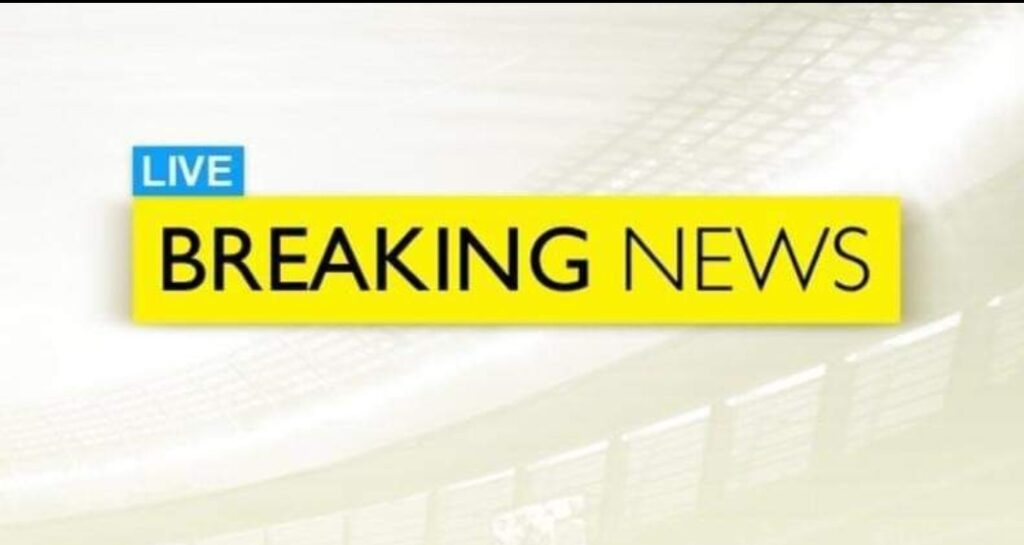Recent football matches have been marked by controversy surrounding VAR interventions. In one instance, Sander Berge’s goal for Burnley against Nottingham Forest was initially disallowed due to a suspected handball but was later overturned by VAR. Another contentious incident occurred during the clash between Manchester United and Arsenal when a penalty was awarded to United for a foul on Kai Havertz. Referee Anthony Taylor, however, chose to ignore VAR’s recommendation, opting to review the incident on the pitchside monitor.
Contrary to accusations of bias towards Liverpool, statistics reveal that they have been the most adversely affected by VAR errors this season, with four decisions going against them. ESPN reports that Brighton and Wolves have also experienced the brunt of harsh VAR rulings. Astonishingly, Aston Villa emerges as the team benefiting the most from VAR, with three favorable decisions going in their favor.
Further analysis shows that Nottingham Forest, Manchester United, Arsenal, and Newcastle United each had two VAR decisions in their favor, underscoring the controversial nature of VAR’s implementation in modern football. These instances fuel debates about the consistency and fairness of VAR decisions, raising questions about its impact on the dynamics of the game.
The Burnley and Nottingham Forest as well as Manchester United and Arsenal matches serve as notable examples of how VAR can influence the outcomes of games, sparking discussions about its role in ensuring fair play. As the season progresses, VAR continues to be a focal point, with teams experiencing both the positive and negative ramifications of its interventions. The varied impact on different teams underscores the need for ongoing scrutiny and potential adjustments to enhance the overall effectiveness and fairness of VAR in football.
